Continued from our last article.
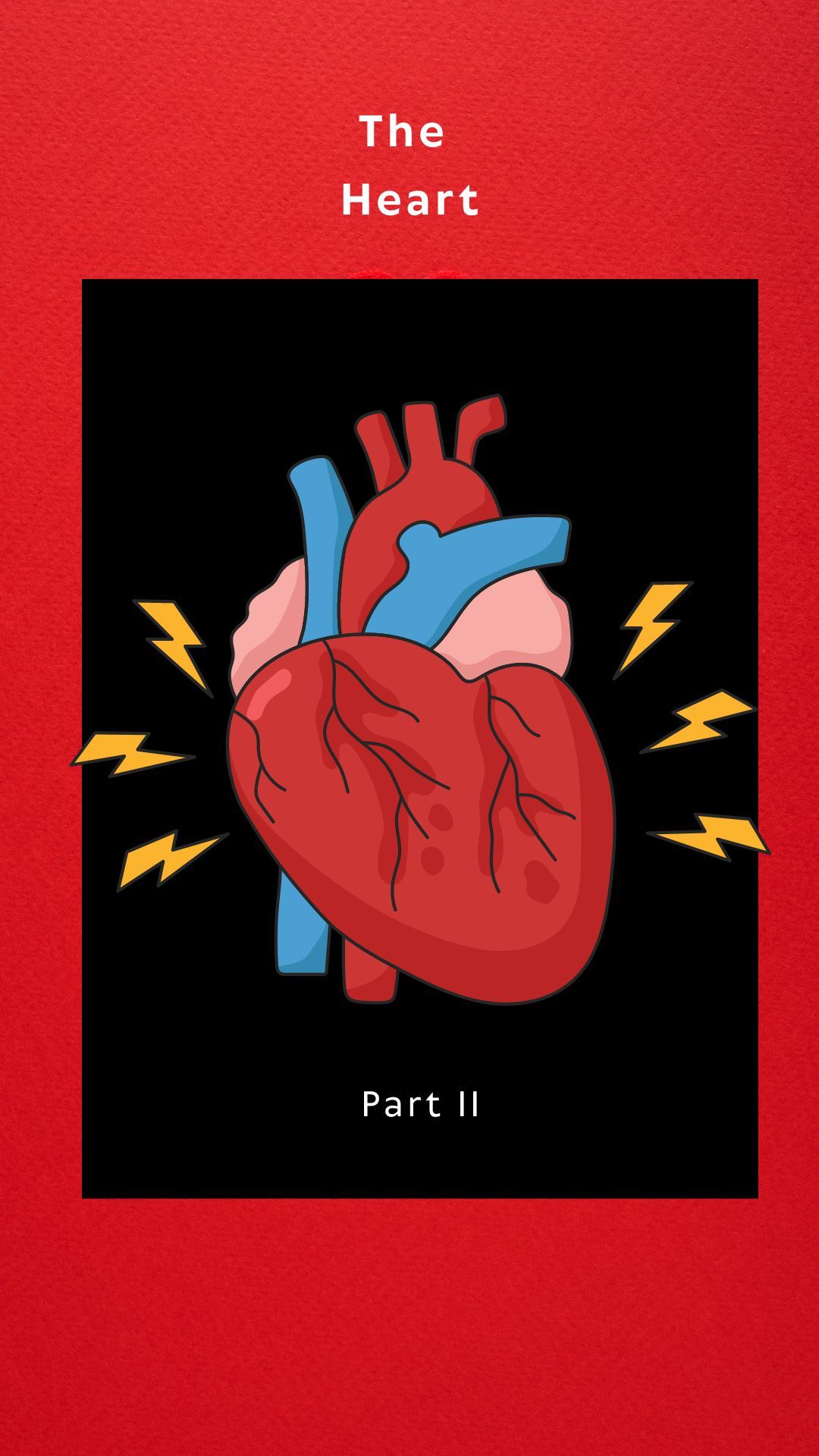
Last week's article was the first on The Heart. We reviewed cholesterol and some different ways to monitor cholesterol, both conventional and non-conventional. Now that you have some background, I will go over some best practices on how to decrease your risk of having a cardiovascular event, i.e., heart attack or stroke.
Cardiovascular disease (CVD) stands as a formidable threat to public health worldwide, claiming millions of lives annually. However, many CVD cases are preventable through proactive lifestyle modifications. By implementing evidence-based practices, individuals can substantially influence their risk factors and safeguard their cardiovascular health. This comprehensive guide explores the best practices for lifestyle modification to prevent cardiovascular disease.
Before delving into preventative measures, it's essential to grasp the multifaceted nature of cardiovascular disease. CVD encompasses various conditions affecting the heart and blood vessels, including coronary artery disease, hypertension, stroke, and heart failure. These conditions often arise from genetic predisposition, lifestyle, and environmental influences.
A cornerstone of cardiovascular health is a balanced and heart-friendly diet. Emphasize whole foods rich in fruits, vegetables, whole grains, and lean proteins. Opt for sources of healthy fats such as avocados, nuts, seeds, and fatty fish like salmon. Limit intake of saturated fats, trans fats, cholesterol, sodium, and refined sugars, as they can elevate cholesterol levels and blood pressure, increasing the risk of CVD. Following the Mediterranean diet is the best, which can be done successfully for a long time. Plus, the food tastes great.
Physical activity is vital for maintaining cardiovascular health. Aim for 150 minutes of moderate-intensity aerobic exercise or 75 minutes of vigorous-intensity exercise each week. Incorporate activities that elevate heart rate and strengthen cardiovascular endurance, such as brisk walking, jogging, cycling, swimming, or aerobic classes. Additionally, integrate strength training exercises at least twice weekly to enhance muscle strength and overall fitness. Finding an exercise you love is vital to ongoing physical fitness.
Excess weight, particularly abdominal obesity, is a significant risk factor for cardiovascular disease. Strive to achieve and maintain a healthy weight through diet and exercise. Aim for a body mass index (BMI) within the recommended range (18.5-25 kg/m²) and focus on losing weight gradually to promote sustainable results and reduce strain on the heart. Remember that BMI doesn't work best for all body shapes and sizes. Measuring percent body fat and muscle would be the deeper dive into your body composition.
Smoking is one of the most preventable risk factors for cardiovascular disease and one we really shouldn't have to mention because it is so apparent. Nicotine and other harmful chemicals in tobacco smoke damage blood vessels, increase blood pressure and promote the formation of arterial plaques. Quitting smoking reduces the risk of heart attacks, strokes, and other cardiovascular complications. Seek support from healthcare professionals, utilize smoking cessation programs, or consider nicotine replacement therapies to aid in the quitting process.
While moderate alcohol consumption may have some cardiovascular benefits, excessive intake can lead to hypertension, arrhythmias, and cardiomyopathy. Limit alcohol consumption to moderate levels—up to one drink per day for women and up to two drinks per day for men—to minimize cardiovascular risks. Avoid binge drinking and be mindful of portion sizes to maintain overall health.
Chronic stress contributes to the development and progression of cardiovascular disease through its effects on blood pressure, inflammation, and metabolic function. Incorporate stress-reducing practices into your daily routine, such as mindfulness meditation, deep breathing exercises, yoga, tai chi, or engaging in hobbies and activities that bring joy and relaxation.
Prioritize adequate sleep, as sleep deprivation can exacerbate stress and impair cardiovascular health.
Routine medical check-ups are essential for monitoring critical cardiovascular risk factors such as blood pressure, cholesterol levels, blood sugar, and BMI. Consult with your healthcare provider regularly to assess your cardiovascular health status, discuss preventive measures, and address any emerging concerns or symptoms promptly. Early detection and intervention are critical for preventing cardiovascular disease and its complications.
If prescribed medication to manage cardiovascular risk factors such as hypertension, hyperlipidemia, or diabetes, adhere to the prescribed regimen diligently. Take medications as directed by your healthcare provider and promptly communicate any questions or concerns regarding medication efficacy or side effects. Medication adherence is crucial in controlling risk factors and preventing cardiovascular events.
Maintaining social connections and seeking support from family, friends, or support groups can positively impact cardiovascular health. Social support provides emotional reinforcement, encouragement, and motivation to adhere to healthy lifestyle practices. Cultivate meaningful relationships, participate in social activities, and lean on your support network during challenging times to promote well-being.
Stay informed about cardiovascular health by accessing reliable resources, educational materials, and reputable sources of information. Understand the signs and symptoms of heart disease, stroke, and other cardiovascular conditions, and empower yourself to take proactive steps toward prevention and early intervention. Educate family members, friends, and community members about cardiovascular risk factors and preventive measures to foster a culture of heart-healthy living.
In conclusion, lifestyle modification prevents cardiovascular disease and promotes long-term heart health. By adopting a nutritious diet, engaging in regular physical activity, maintaining a healthy weight, avoiding tobacco, managing stress, and adhering to medical recommendations, individuals can significantly reduce their risk of developing CVD and its associated complications. Implementing these best practices requires commitment, dedication, and ongoing support from healthcare professionals, family members, and social networks. Individuals can enjoy a life free from heart disease by prioritizing cardiovascular health and embracing a holistic approach to wellness.
Next week, I will review the use of medications and dietary supplements to help you in your cardiovascular journey.
If you would like help or more information about cardiovascular disease, don't hesitate to contact my pharmacy staff, as they would be more than willing to help you at 701-483-4858. All my articles can be found online at our website, www.irsfeldpharmacy.com. My podcast, "The Irsfeld Pharmacy Optimal You Podcast," can also be accessed through the website.
Until next time, be vigilant about your health!!

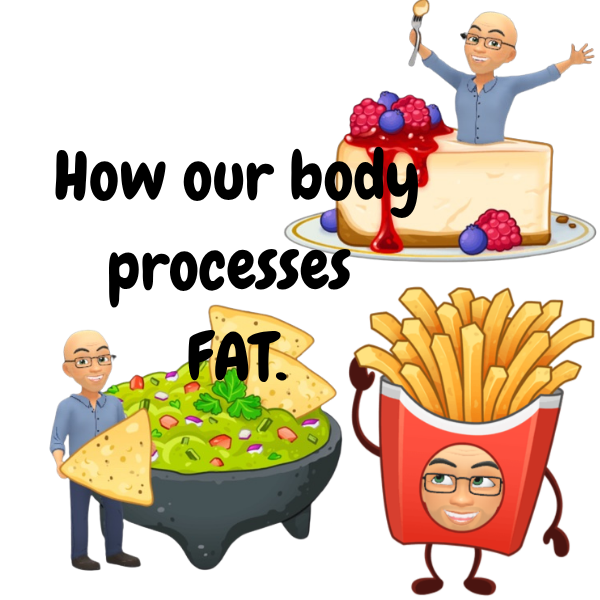


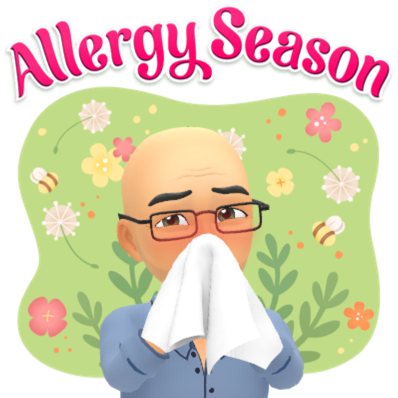
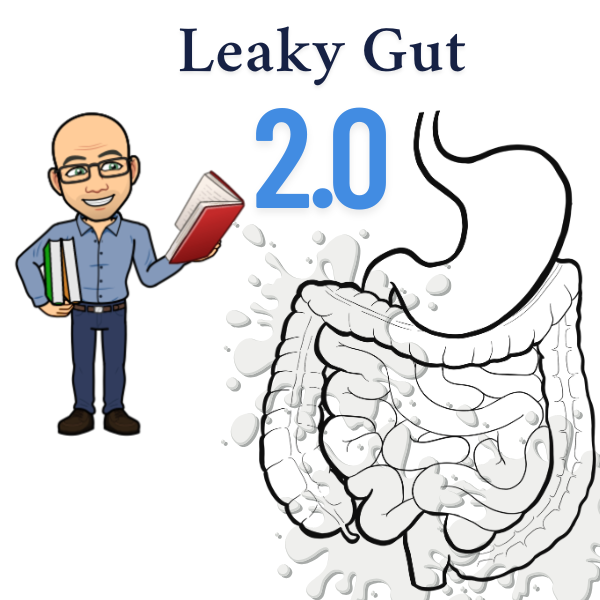




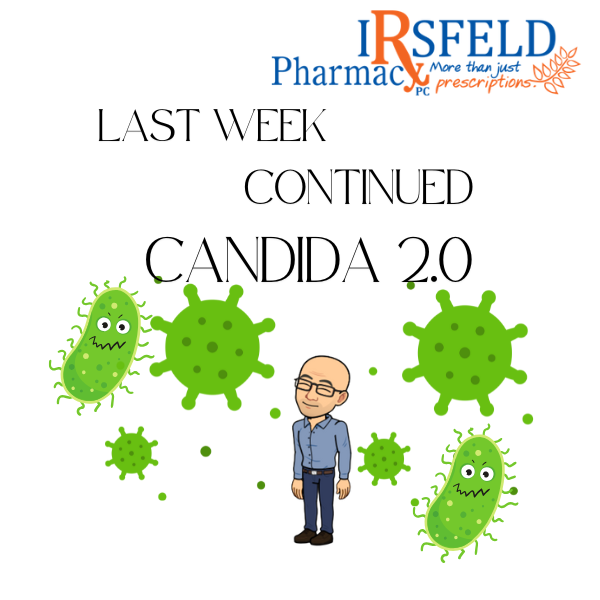
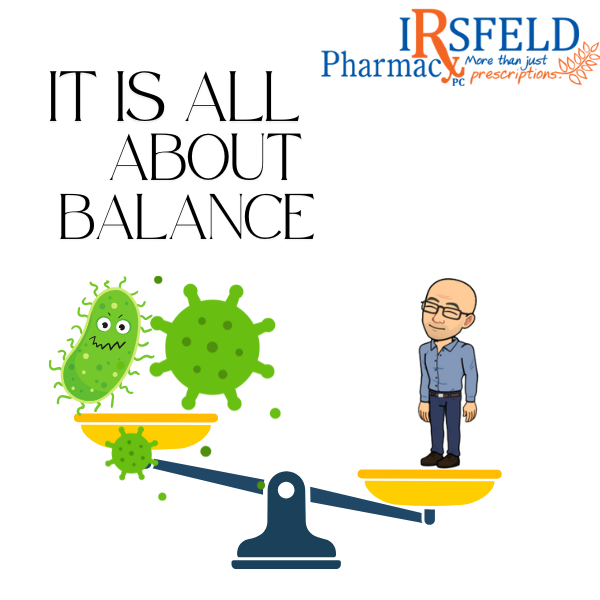
Share On: